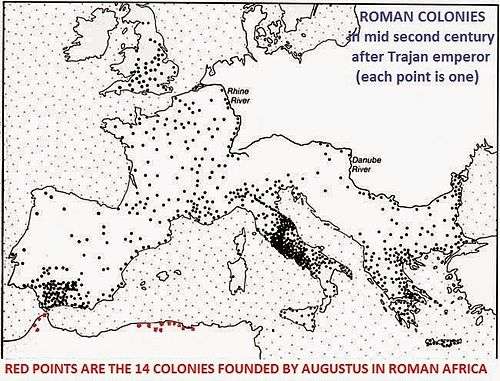
Romanization
Romanization or Latinization (or romanisation, latinisation: see spelling differences), in linguistics, is the conversion of writing from a different writing system to the Roman (Latin) script, or a system for doing so. Methods of romanization include transliteration, for representing written text, and transcription, for representing the spoken word, and combinations of both. Transcription methods can be subdivided into phonemic transcription, which records the phonemes or units of semantic meaning in speech, and more strict phonetic transcription, which records speech sounds with precision.
Methods
There are many consistent or standardized romanization systems. They can be classified by their characteristics. A particular system’s characteristics may make it better-suited for various, sometimes contradictory applications, including document retrieval, linguistic analysis, easy readability, faithful representation of pronunciation.
Romanization (disambiguation)
Romanization is the representation in the Latin alphabet of a language normally written in another writing system. Some other meanings are as follows:
See also
Note: the following entries are arranged in an etymological tree.

Romanization (cultural)
Romanization or Latinization (or Romanisation or Latinisation: see spelling differences)—in the historical and cultural meanings of both terms—indicate different historical processes, such as acculturation, integration and assimilation of newly incorporated and peripheral populations by the Roman Republic and the later Roman Empire. Ancient Roman historiography and Italian historiography until the fascist period used to call these various processes the "civilizing of barbarians".
Characteristics
The acculturation proceeded from the top down, the upper classes adopting Roman culture first and the old ways lingering longest in outlying districts among peasants. Hostages played an important part in this process, as elite children, from Mauretania to Gaul, were taken to be raised and educated in Rome.
Ancient Roman historiography and traditional Italian historiography confidently identified the different processes involved with a "civilization of barbarians". Modern historians take a more nuanced view: by making their peace with Rome, local elites could make their position more secure and reinforce their prestige. New themes include the study of personal and group values and the construction of identity, the personal aspect of ethnogenesis. These transitions operated differently in different provinces; as Blagg and Millett point out even a Roman province may be too broad a canvas for generalizations.
Podcasts:

